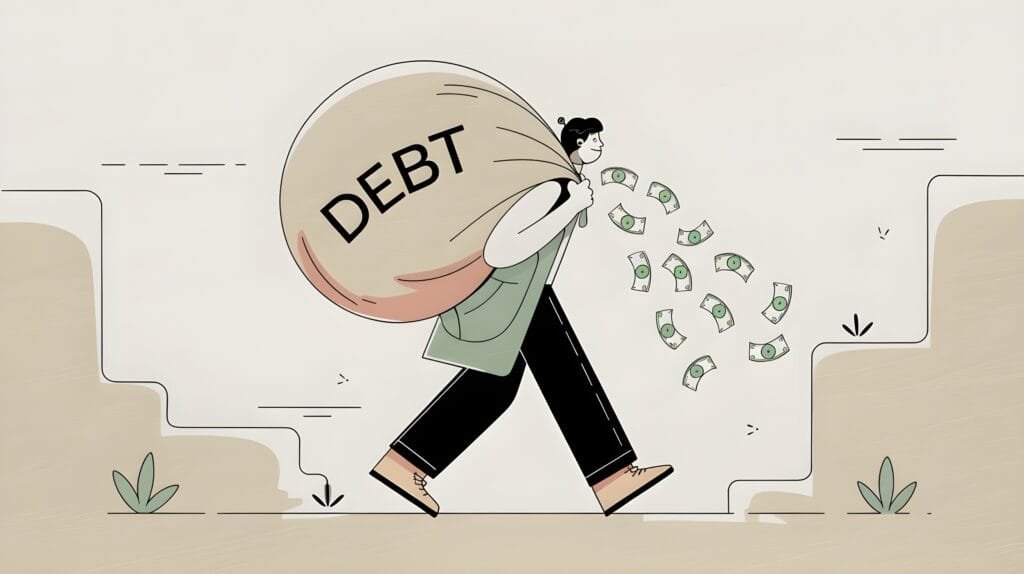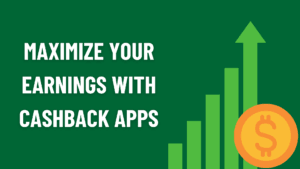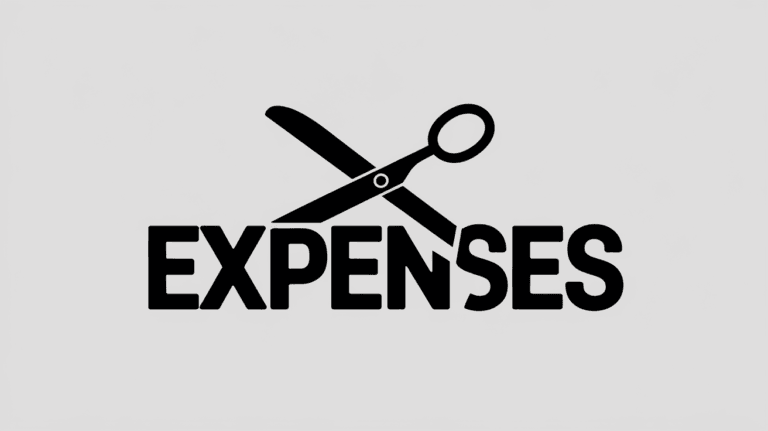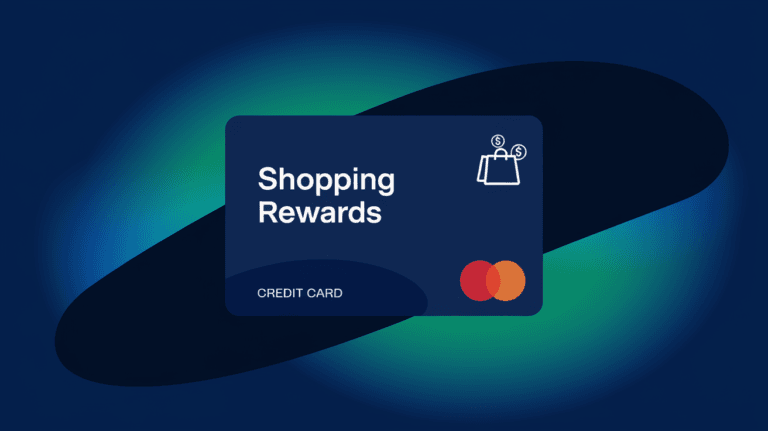Debt can feel like a heavy weight on your shoulders, but with the right plan, you can not only escape debt but also work toward building immense wealth. This guide will show you step-by-step strategies to eliminate debt and start your journey to financial freedom.
Understanding Your Debt
To overcome debt, the first step is understanding it. Think of it as diagnosing a problem before solving it.Take Inventory of Your Debts
Start by listing every debt you owe, including:- Credit card balances
- Personal loans
- Student loans
- Car loans
- Mortgages
- Outstanding balance
- Interest rate
- Minimum monthly payment
Categorize Your Debts
- High-Interest Debts: These include credit cards and payday loans, which cost the most over time.
- Low-Interest Debts: Mortgages or student loans often fall into this category.
Create a Budget You Can Stick To
A budget is your tool for taking control of your money. It ensures every dollar has a purpose.The 50/30/20 Rule
Use this simple budgeting formula:- 50% for needs: Rent, utilities, groceries.
- 30% for wants: Dining out, entertainment.
- 20% for debt repayment and savings.
Identify Areas to Cut Back
- Cancel unused subscriptions like streaming services.
- Cook at home instead of eating out.
- Opt for public transportation over driving when possible.
Accelerate Debt Repayment
Paying off debt faster saves money on interest and gets you closer to financial freedom. There are two main strategies:The Snowball Method
- Focus on paying off your smallest debts first.
- Make minimum payments on other debts.
- Once one debt is paid, roll that amount into the next smallest debt.
The Avalanche Method
- Focus on the debt with the highest interest rate first.
- Pay minimum amounts on other debts.
- Once the highest-interest debt is gone, move to the next one.
Build an Emergency Fund
Unexpected expenses, like medical bills or car repairs, can derail your progress if you're not prepared.Start Small
- Save $1,000 as a starter emergency fund.
- Once debt is under control, aim for 3–6 months of living expenses.
Where to Save
Use a high-yield savings account like Ally Bank or Marcus by Goldman Sachs to earn more interest.Tip: Automate savings by setting up recurring transfers to your emergency fund.Increase Your Income
Boosting your income gives you more money to pay off debt and save for the future.Start a Side Hustle
- Offer freelance services like graphic design or writing on platforms like Upwork or Fiverr.
- Sell handmade or digital products on Etsy.
Earn Passive Income
- Share unused internet bandwidth using Honeygain.
- Try affiliate marketing by promoting products on social media or blogs.
Start Investing for Long-Term Wealth
Once you've paid off high-interest debt, investing can help grow your wealth.Investment Options for Beginners
- Stocks and ETFs: Use beginner-friendly apps like Robinhood to start with small amounts.
- Real Estate: Invest in rental properties or use platforms like Fundrise for crowdfunding real estate investments.
- Retirement Accounts: Contribute to a 401(k) or IRA for tax-advantaged growth.
Cultivate Wealth-Building Habits
Achieving wealth isn’t just about money—it’s about discipline and habits.Stay Educated
- Read finance books like The Millionaire Next Door.
- Follow personal finance podcasts or blogs.
Avoid Lifestyle Inflation
As your income grows, resist the urge to increase spending. Instead, save or invest the extra money.Network with Like-Minded People
Surround yourself with individuals who have financial goals similar to yours. They can inspire and motivate you.Protect Your Wealth
Building wealth is only half the battle—protecting it is just as important.Get Insurance
- Health Insurance: Protects against large medical bills.
- Life Insurance: Ensures your family is cared for.
Plan for the Future
- Create a will or trust to safeguard your assets.
- Consult a financial advisor to ensure your plans align with your goals.












